Description
Mark Statman
Exile Home
ISBN: 978-1-944884-61-1 (pbk.)
(March, 2019)
Praise for Exile Home, That Train Again, A Map of the Winds, and Mark Statman
Mark Statman’s new book Exile Home is a love poem, a snapshot, to the poet’s adopted country so fresh in the poem “Mi México”. The air, the light, the poignancy of little girl with wooden bowl, & mystery of life next to another, a beloved partner, buzz with sharp grace. A contrast across the border, with family loss, but no walls, here. Power of “all the unseen… writ in glass in water clouds” join the fiesta. No ideas but in things. I want to go there too. This is a sweet and pungent sensory exile, almost a dream.
—Anne Waldman
Exile Home is an elegiac journey of discovery: “the room/ that lights/ the house” is the possibility of coming to be who you are in whatever place we find ourrselves. These are poems of transition as a form of mediation and meditation. Mark Statman’s short lines mark the flux of sentiment as openness to what’s next. “can you believe/ we live like this?” Only time tells.
—Charles Bernstein
Mark Statman’s fiercely elegiac book begins with the long poem, “Green Side Up,” dedicated to his father. Written in lower case with no punctuation, it provides quick flashes of family memory and the present reality of grief. The reader is utterly absorbed and lifted: “on the phone/ you say it’s/ another DIP/ day in paradise/ waking early enough/ there were no/ sounds of morning/ only birdsong breeze/ the meaning of paradise/ that first moment/ alone and taking in/ coffee and sunlight.” This is realism in the most beautiful sense. We are taken to the living moment as it passes. Italo Calvino wrote of “the moral values invested in the most tenuous traces.” It’s in “the intensity of minor acts” (John Ashbery) that we are folded into the cloak of truth: “we did this/ we did this/ it happened/ before we thought it.” It was “a voice made for radio”: “Al Statman here/ good morning.”
—Paul Hoover
At his best, Mark Statman whimsically seduces us to plug what large emptiness we carry into the day. Such a playfulness of spirit and sound, not yet outlawed in these parts, lifts us toward some unforeseen feeling or study of human life that would have eluded us, were it not for his sparse and controlled lines. Here is an eclectic imagination that redeems the conventional exploits of language and all the dead zones around us. Exile Home consecrates Statman’s forever voice.
—Major Jackson
It’s very rare to watch the birth of a new style. It’s like watching through new set of Proust’s kaleidescopes. Mark Statman has been working for years on a vision of himself and parts of the city—concentrated and bare as any poetry. It’s hard to compare it to anything else.
—David Shapiro
Sieve-like and shifty language with more directness and clarity than obfuscation and obtuseness. The father poem of Exile Home, “Green Side Up,” is a triumph of courage and poetry and love. From it the manuscript opens like a flower of multiple petals. I am enthralled by a seeming innocence and a creeping wisdom, which, rather than distort the innocence, strengthens it. After all, we have the choice to see the world as unconcerned about our troubles in it. It is the world, not a bark on which we float toward happiness. An assertion of the will to see hope as language-driven, music-clad. Mr. Yeats and his wind-up birds. There are many drowsy emperors out there.
To date, in spite of an incredibly productive and much lauded career as a poet, Mark Statman’s greatest claim to fame is his astonishing translation, with Pablo Medina, of García Lorca’s Poet in New York. Exile Home changes all that.”
—John Yamrus
Although the poems in Mark Statman’s lovely That Train Again break down into sections and titles, you could almost read this book as a long, sweet poetic day of meditation; earth sky, birds, winds, wife, love, and the ways they attach themselves to the poet and, through him, to us. A good book of poetry will urge us not to miss the fine details. Here is music to slow the pulse and re-tune the ear to what is important.
—Cornelius Eady
Mark Statman’s spare, candid poems speak of the ways a person moves “from fold/into blue.” That Train Again details out daily translation of “world/into world.”
—Idra Novey
Mark Statman’s voice brings together historical awareness with mindful surrender for the present moments (that sometimes calls back memories from psyche’s depths). Mark Statman’s lines are maps of the wind that carry us into wonder and love.
—Aliki Barnstone
Sung through a register of gentle if unrelenting consciousness on the part of the poet that the present is always inexhaustibly on the move, Statman’s spare, concise, searching poems channel notations of experience through the visual and aural senses.
—Anselm Berrigan
Statman’s voice is a kind of spare lyricism that reminds me of the ancient Greek poets of the Anthology or the concise voicings of Antonio Machado.
—Joseph Stroud
…an admirably light touch illuminates the seriousness behind the poems…
—Tony Towle
Mark Statman delivers the tourist’s wonder and distance in spare deliberate music—American’s grand plain poetry descended from William Carlos Williams to James Schuyler. Statman is a head-on poet willing to risk clarity in pursuit of the marvelous we might encounter anywhere.
—William Corbett
Statman gives us language as commitment, commitment as imagination, imagination as soul-making.
—Joseph Lease

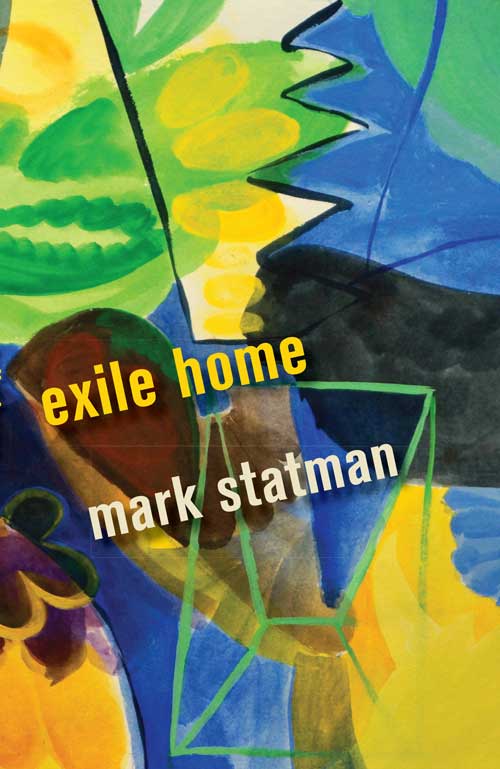
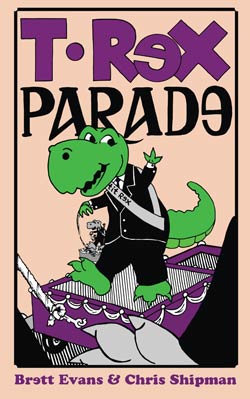
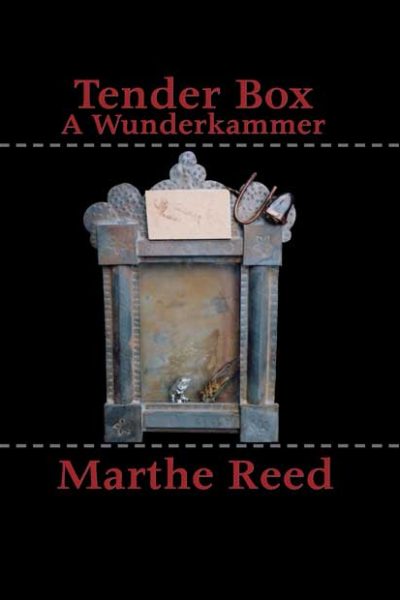
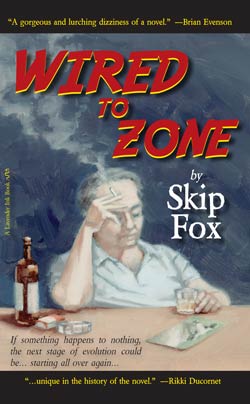
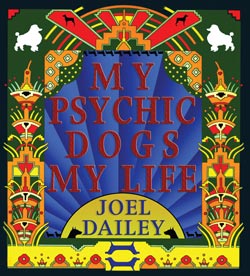
Reviews
There are no reviews yet.